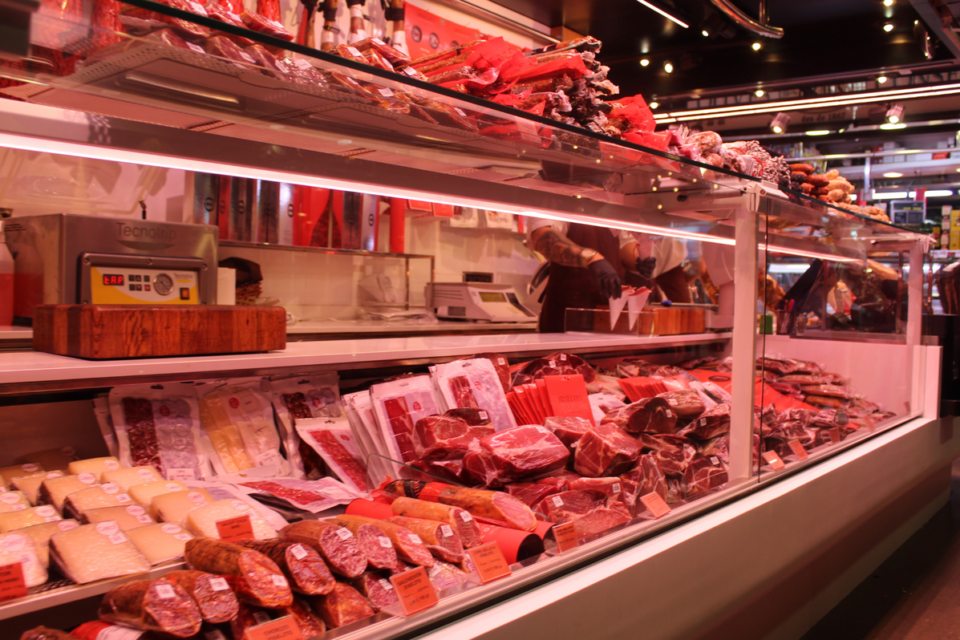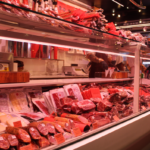The PRIME Act: A Win for Local Meat and Local Business

A bipartisan bill recently introduced could give local farmers and ranchers across Wyoming a critical advantage in the marketplace, and bring consumers closer to the source of their food.
Representatives Thomas Massie (R-KY) and Chellie Pingree (D-ME) have introduced the Processing Revival and Intrastate Meat Exemption (PRIME) Act (H.R. 2814). This legislation aims to lift burdensome federal inspection requirements and allow states the freedom to permit the sale of custom-processed meat within their borders.
Right now, federal law only allows custom-slaughtered meat to be consumed by the animal’s owner, household, guests, or employees. If a small producer wants to sell meat—or cut by the carcass—to a restaurant, grocery store, or the public, they must send their animals to a USDA-inspected facility.
That might sound reasonable, until you factor in how few of those facilities exist, especially in rural states like Wyoming. For many producers, accessing a USDA facility means driving long hours, incurring high transportation costs, navigating waitlists, and potentially seeing their meat co-mingled with industrial products.
WY It Matters: The PRIME Act, co-sponsored by Congresswoman Hageman, has the potential to significantly boost Wyoming’s agricultural economy by reducing costly federal barriers and empowering local producers.
The bill would legalize the intrastate sale of meat processed at custom slaughterhouses, helping small and mid-sized farms lower operational costs, shorten supply chains, and compete more effectively with large meatpacking corporations. For rural communities, this means renewed investment in local meat processing infrastructure, increased food security, and job creation.
The PRIME Act is a commonsense, bipartisan move that aligns with Wyoming’s values of free enterprise, local control, and a business-friendly environment—keeping our food local, our economy strong, and our communities thriving.


